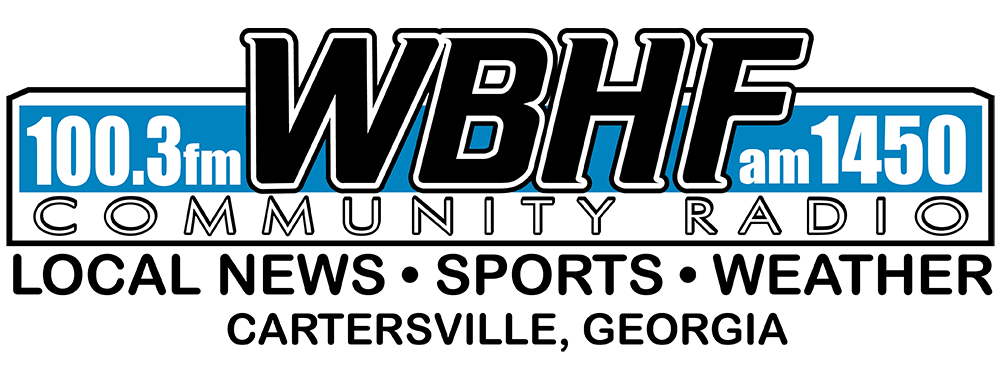ATLANTA – The Internal Revenue Service and the Free File Alliance today announced the launch of Free File, which makes brand-name tax software products and electronic filing available to most taxpayers for free.
Free File software can help taxpayers with tax preparation, including the health care law that will affect almost everyone. People can use Free File software immediately but e-filed returns will not be transmitted to the IRS until Tuesday, January 20, when the filing season officially begins.
Free File is available only at IRS.gov/FreeFile, thanks to a partnership between the IRS and the Free File Alliance, a consortium of 14 leading tax software companies that make their branded products available for free. Since 2003, more than 43 million people have used Free File, saving $1.3 billion based on a conservative $30-fee estimate.
If you plan to get a head start on your taxes, remember to choose Free File. Electronic filing will allow software companies to hold your return and to automatically send it to the IRS on Jan. 20th,” said IRS Spokesman Mark Green. “ If you want to save money and time, just use Free File to prepare and e-file your federal return at no charge.”
As Jan. 20 approaches, Green reminded taxpayers that IRS.gov has a range of information and services to help taxpayers prepare their tax returns. “Free File is just one of the many services available through IRS.gov to help people with their taxes,” Green said. “Additional services include Where’s My Refund for timely updates on refunds, YouTube videos with quick tax tips, and many other ways of getting information. We encourage taxpayers to explore IRS.gov as tax season approaches.”
If you earned $60,000 or less last year, you are eligible to choose from among 14 software products. If you earned more, you are still eligible for Free File Fillable Forms, the electronic version of IRS paper forms. This more basic Free File option, which is best for people comfortable preparing their own tax return, will be available January 20.
More than 70 percent of all taxpayers – 100 million people – are eligible for the software products. Each of the 14 companies has its own special offers, generally based on age, income or state residency. Taxpayers can review each company offer or they can use a “Help Me” tool that will find the software for which they are eligible.
Free File offers easy-to-use products that ask questions and you supply the answers. The software will find the right forms, find the right tax credits and deductions and even do the math for you.
Some companies also offer Free State tax return preparation as well.
Free File also can help taxpayers with the new health care requirements. Almost everyone will need to do something new when filing a tax return this year.
For each month in 2014, you and everyone on your return must:
- Report health care coverage, or
- Claim an exemption from coverage or
- Make a shared responsibility payment with your tax return.
Most people will simply have to check a box to report health care coverage for the entire year.
If you or anyone on your return purchased coverage from the Health Insurance Marketplace, you may be allowed to take the Premium Tax Credit. If you opted for any advance payments of the Premium Tax Credit to help with your monthly insurance premium payments, you must file a tax return, even if you were not required to file. You must reconcile your advance payments with the amount you were due. Learn more at IRS.gov/aca.
Free File will be available through October 2015. Taxpayers have the option to prepare their return at any time and schedule a tax payment as late as the April 15 deadline. Taxpayers who cannot meet the April 15 tax filing deadline can also use Free File to file a six-month extension.
Here are some common tax-related documents you will need to complete your tax return. Remember, you must also have documentation of any credit or deduction you are claiming as well.
A copy of last year’s tax return;
- Valid Social Security numbers for yourself, spouse and children;
- All income statements, i.e. W-2 forms, from all employers;
- Interest/dividend statements, i.e. 1099 forms;
- Form 1099-G showing any state refunds;
- Unemployment compensation amount, if any;
- Form 1095-A if you purchased coverage from a Health Insurance Marketplace;
- Proof of health care insurance coverage for you and everyone on your return.
